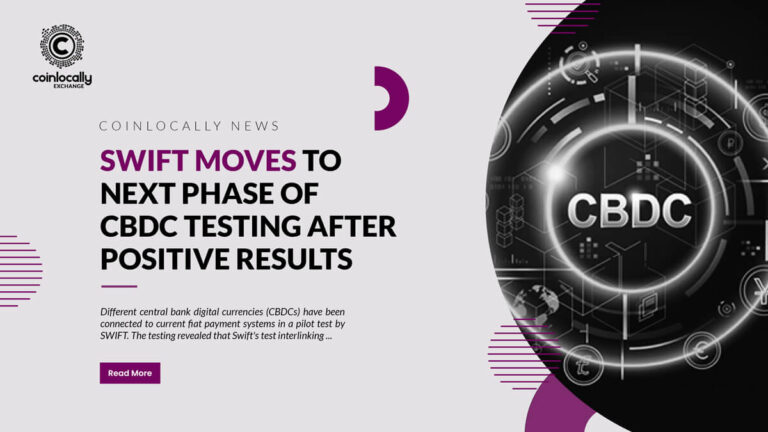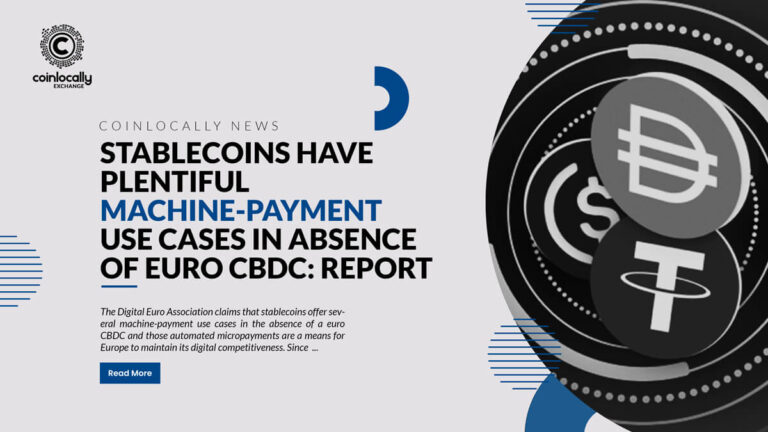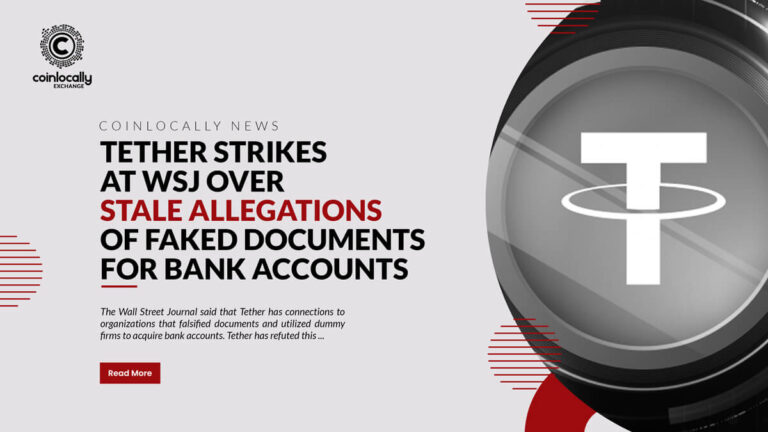
Biggest Movers: DOGE Down 10%, Falling to Lowest Point Since October
On Friday, the values of Litecoin (LTC) and Dogecoin (DOGE), which were also affected by the closure of Silvergate Bank, both hit five-month lows. The price of Dogecoin fell to its lowest level since October 26, when it peaked at $0.0627. In today’s session, Litecoin also sank to a multi-month low, with the token falling as much as 17%. The 14-day RSI has decreased by around 23% in the last week, reaching an eight-month low. In the event that the current attitude persists into the weekend, a floor at $63.00 might be a target for sellers. News Sorce














